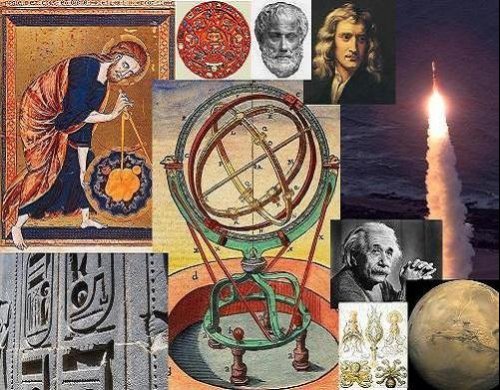
The historiography of science may be understood as a systematic effort to research and write about the history of science. As a form of history writing, it is a subject for the kinds of challenges and problems that all history writing. However, it is also particular in many ways. In this course, we study the historiography of science as an object of philosophical investigation and consider the kinds of principles that successful writing of the history of science entails or/and are required of it. Thematically, those principles can be organized around the following concepts:
• universalism/historicism
• internalism/externalism
• rationalism/irrationalism
• continuity/discontinuity
• whiggism/contextualism
• anachronism/contextualism
• science as contemplation/science as practice
• naturalism/nonnaturalism
• judgementalism/contextualism
• localism/universalism
• progress as convergence on truth/progress as something else
• inevitabilism/contingentism.
In this course, we study each of these themes and some of the various answers that have been given under the themes. In addition, we will learn about some main traditions in the historiography of science. It will become evident that approaches to the writing of the history of science differ significantly.
• universalism/historicism
• internalism/externalism
• rationalism/irrationalism
• continuity/discontinuity
• whiggism/contextualism
• anachronism/contextualism
• science as contemplation/science as practice
• naturalism/nonnaturalism
• judgementalism/contextualism
• localism/universalism
• progress as convergence on truth/progress as something else
• inevitabilism/contingentism.
In this course, we study each of these themes and some of the various answers that have been given under the themes. In addition, we will learn about some main traditions in the historiography of science. It will become evident that approaches to the writing of the history of science differ significantly.
- Opettaja: Jouni-Matti Kuukkanen